The 14 Best And Worst Foods For Your Gut Microbiome
The human gut, often referred to as the "second brain," plays a pivotal role in maintaining overall health and well-being. This complex ecosystem, comprising trillions of bacteria, fungi, and other microorganisms, influences everything from digestion to mental health. The balance of these microorganisms, collectively known as the gut microbiome, is crucial. A healthy gut can improve digestion, boost the immune system, and even enhance mood and cognitive function. Conversely, an imbalanced gut microbiome can lead to a host of health issues, including digestive disorders, weakened immunity, and mental health challenges. In this article, we will explore the top 14 gut health heroes and villains, delving into how they impact our gut and overall health.
1. Probiotics – The Beneficial Bacteria
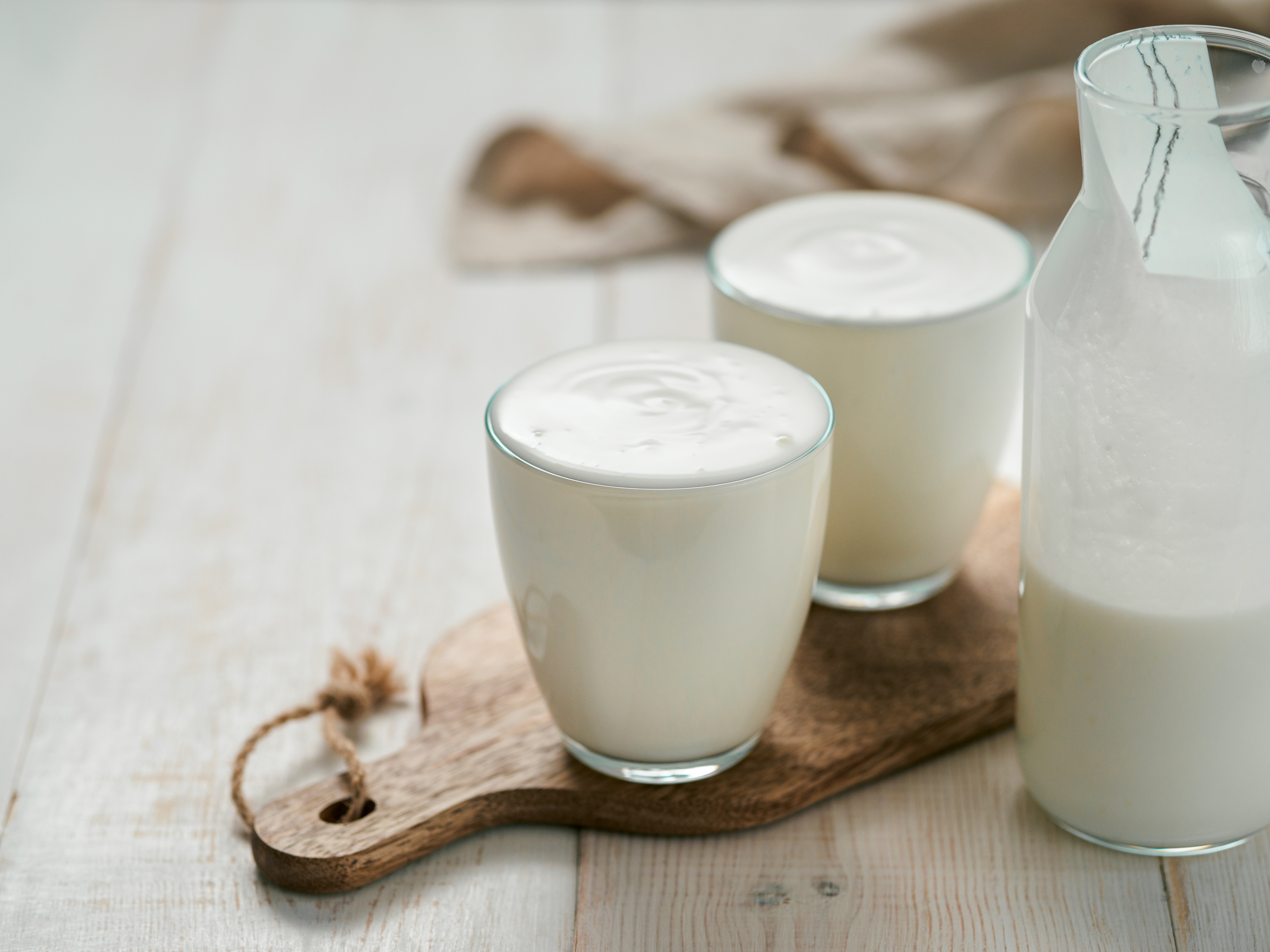
Probiotics are live microorganisms that offer numerous health benefits when consumed in adequate amounts. These beneficial bacteria are naturally found in fermented foods like yogurt, kefir, sauerkraut, and kimchi. Probiotics help maintain a healthy balance of gut bacteria by competing with harmful bacteria for resources and space. They play a critical role in digestion, breaking down food substances that the human body cannot digest on its own. Moreover, probiotics have been shown to boost the immune system, reduce inflammation, and even improve mental health by influencing the gut-brain axis. Regular consumption of probiotic-rich foods or supplements can significantly enhance gut health.
2. Prebiotics – Nourishing the Good Bacteria
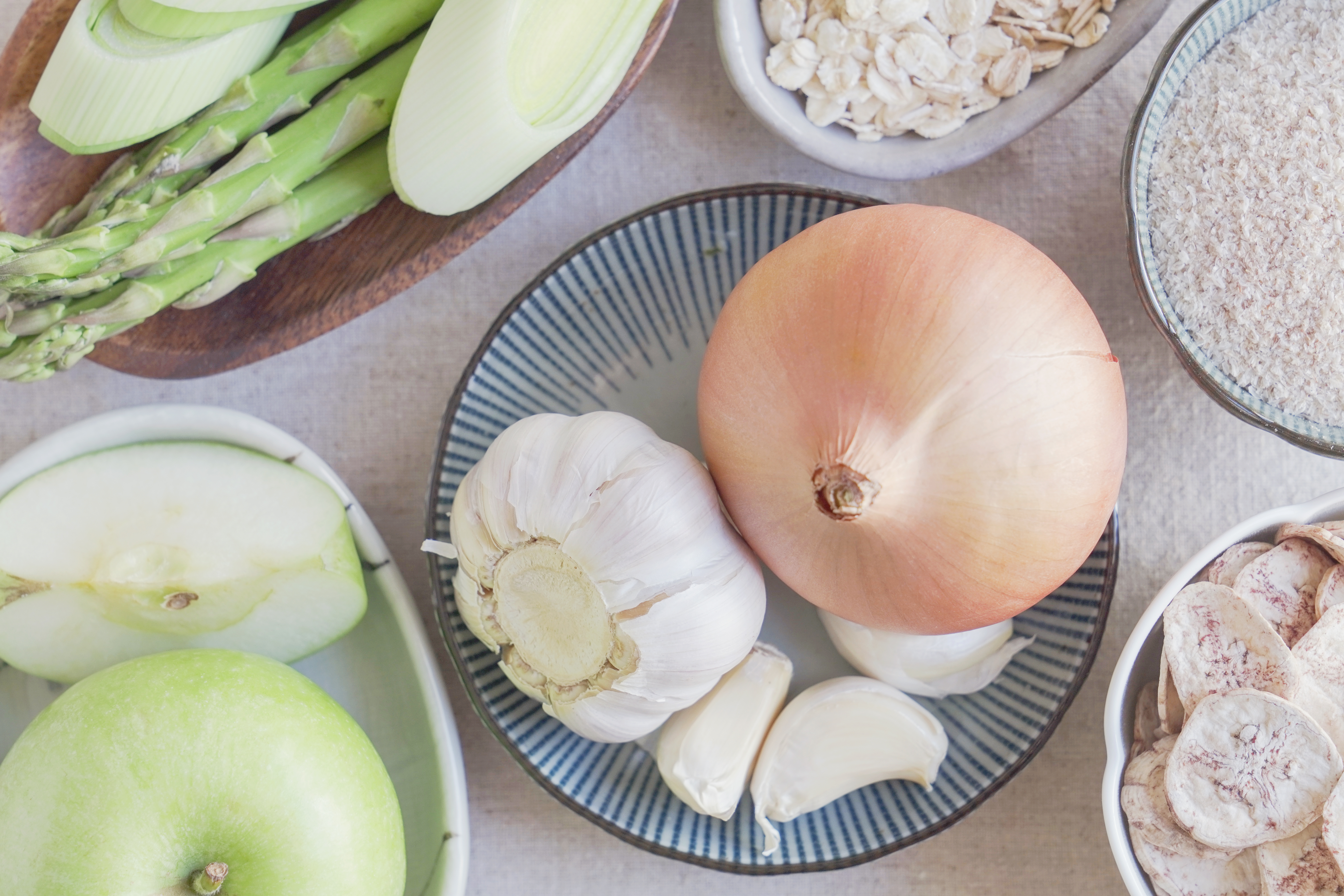
Prebiotics are non-digestible fibers that serve as food for beneficial gut bacteria. Unlike probiotics, which introduce new bacteria into the gut, prebiotics help nourish and stimulate the growth of existing beneficial bacteria. Foods rich in prebiotics include garlic, onions, bananas, asparagus, and whole grains. By promoting the growth of beneficial bacteria, prebiotics help maintain a balanced gut microbiome, which is essential for optimal digestion and immune function. Additionally, prebiotics have been linked to improved calcium absorption, reduced risk of cardiovascular disease, and better blood sugar control. Incorporating prebiotic-rich foods into your diet can support a healthy gut environment.
3. Fiber – The Gut's Best Friend
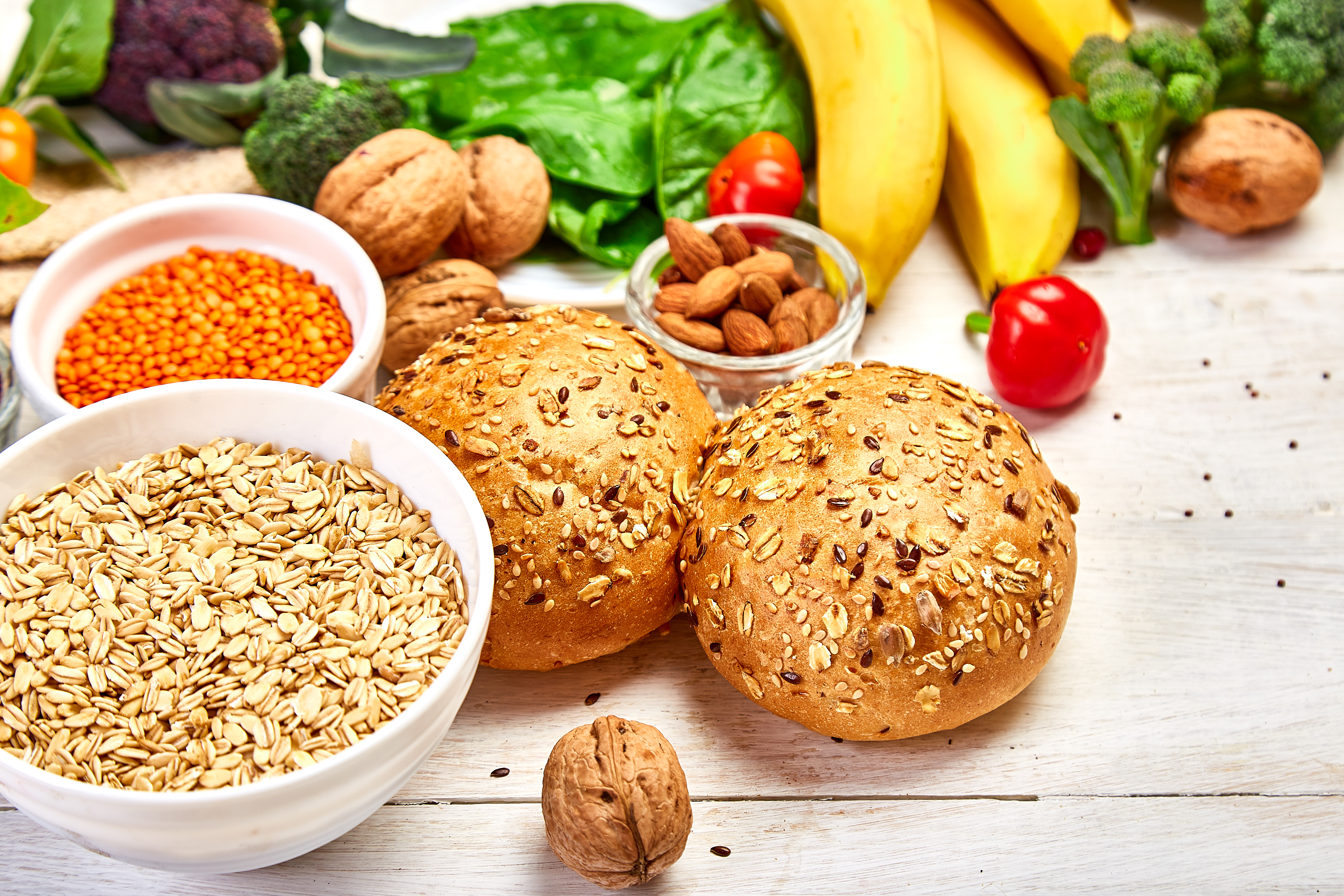
Dietary fiber, found in fruits, vegetables, whole grains, and legumes, is essential for maintaining gut health. Fiber acts as a natural cleanser for the digestive tract, promoting regular bowel movements and preventing constipation. There are two types of fiber: soluble and insoluble. Soluble fiber dissolves in water to form a gel-like substance, which can help lower blood cholesterol and glucose levels. Insoluble fiber adds bulk to stool, aiding in its passage through the digestive system. A diet high in fiber supports the growth of beneficial gut bacteria, reduces inflammation, and lowers the risk of developing various chronic diseases.
4. Fermented Foods – A Natural Probiotic Source
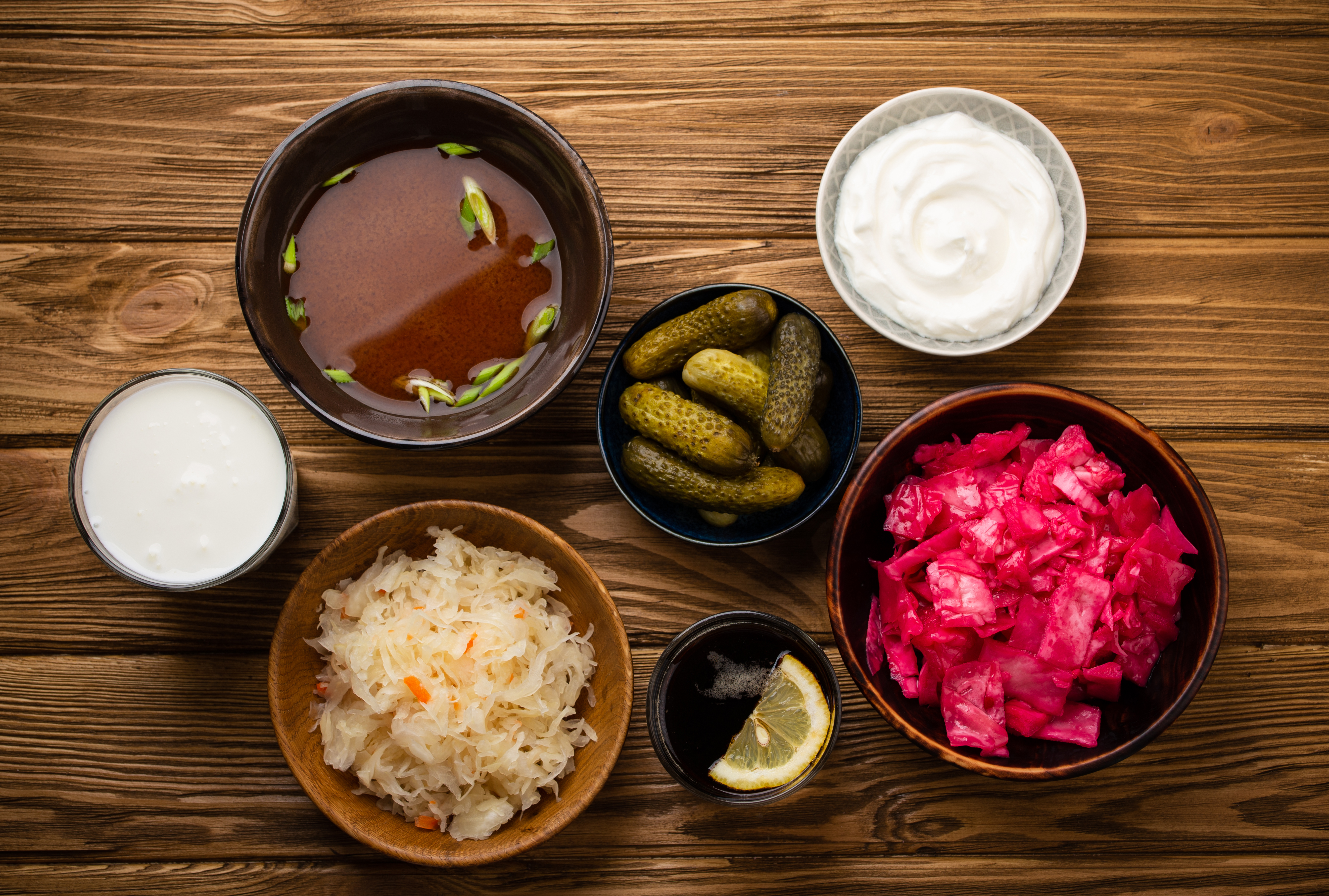
Fermented foods are rich in probiotics and have been consumed for centuries for their health benefits. The fermentation process involves the breakdown of sugars by bacteria and yeast, resulting in the production of beneficial microorganisms. Common fermented foods include yogurt, kefir, sauerkraut, kimchi, miso, and tempeh. These foods not only introduce beneficial bacteria into the gut but also enhance the bioavailability of nutrients, making them easier for the body to absorb. Regular consumption of fermented foods can improve digestion, boost the immune system, and even enhance mental health by influencing the gut-brain axis.
5. Polyphenols – Antioxidants for Gut Health
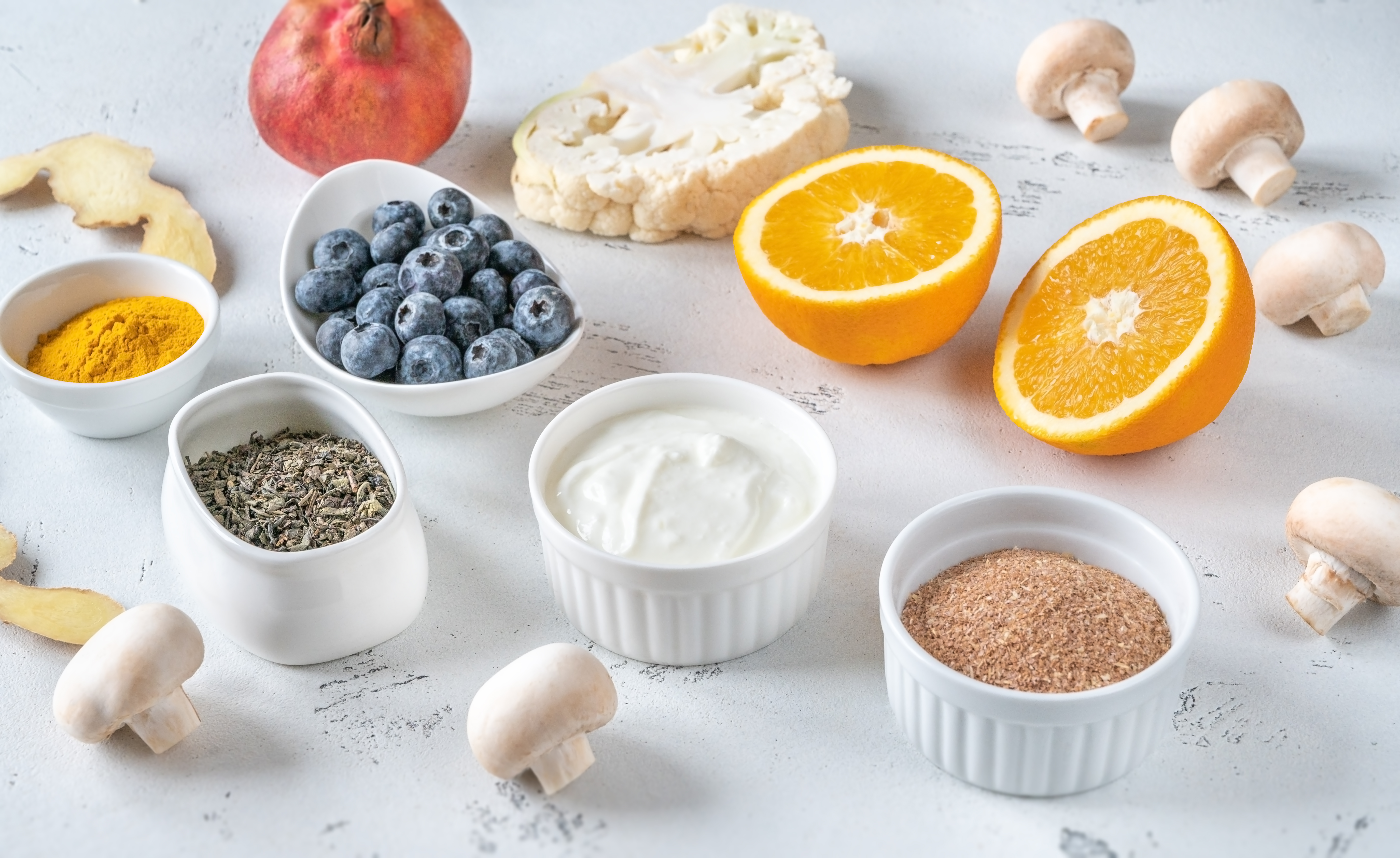
Polyphenols are naturally occurring compounds found in fruits, vegetables, tea, coffee, and wine. These powerful antioxidants have been shown to support gut health by promoting the growth of beneficial bacteria and inhibiting the growth of harmful bacteria. Polyphenols are metabolized by gut bacteria, resulting in the production of beneficial metabolites that have anti-inflammatory and immune-boosting properties. Regular consumption of polyphenol-rich foods can improve gut barrier function, reduce inflammation, and lower the risk of chronic diseases such as cardiovascular disease and cancer. Incorporating a variety of colorful fruits and vegetables into your diet can provide a rich source of polyphenols.
6. Omega-3 Fatty Acids – Anti-inflammatory Allies
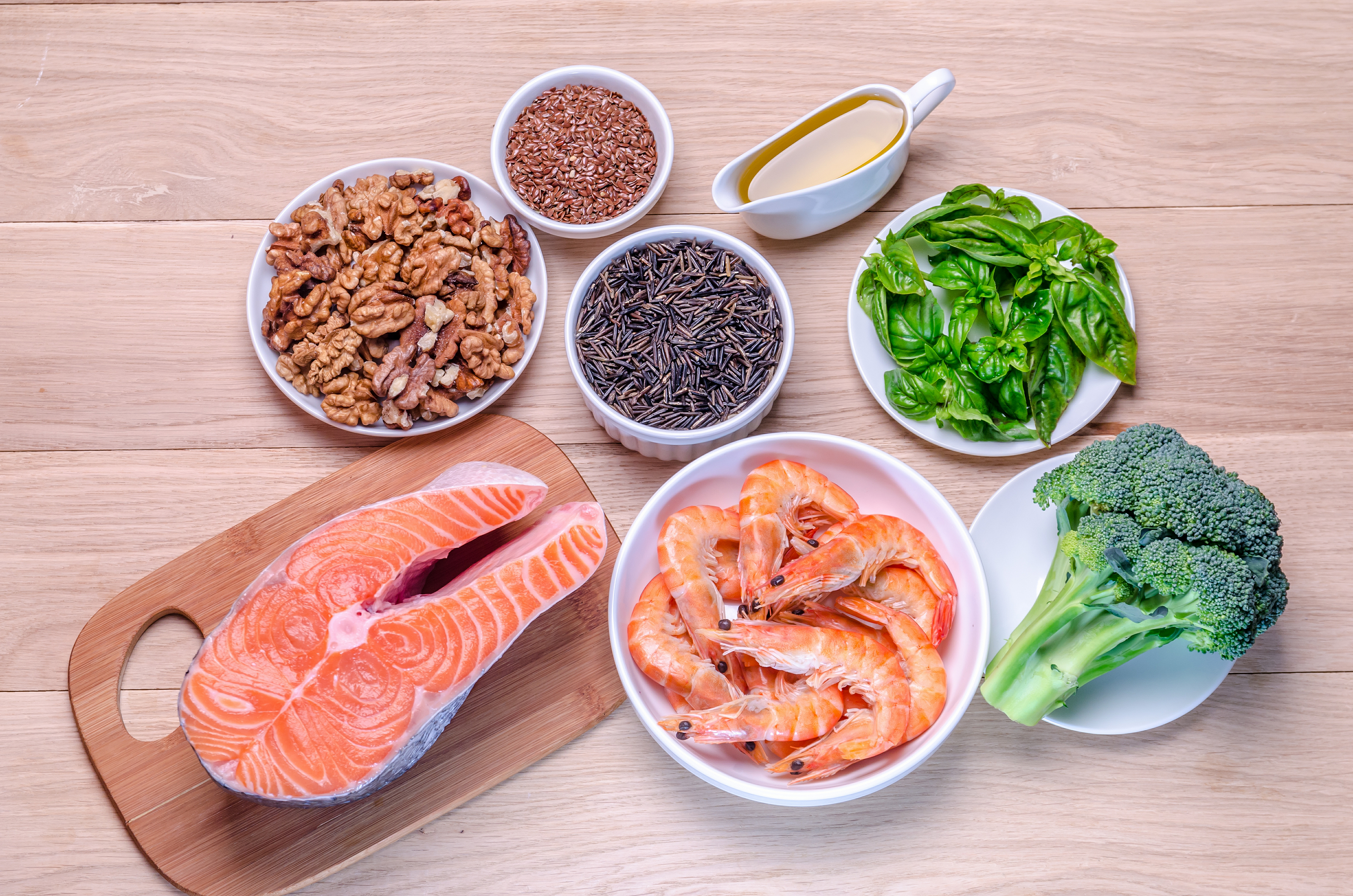
Omega-3 fatty acids, found in fatty fish, flaxseeds, chia seeds, and walnuts, are essential fats that play a crucial role in reducing inflammation throughout the body. These healthy fats have been shown to support gut health by promoting the growth of beneficial bacteria and reducing the risk of inflammatory bowel diseases such as Crohn's disease and ulcerative colitis. Omega-3 fatty acids also help strengthen the gut barrier, preventing harmful substances from entering the bloodstream. Incorporating omega-3-rich foods into your diet can support a healthy gut microbiome and reduce the risk of chronic inflammation-related diseases.
7. Sugar – A Gut Health Villain
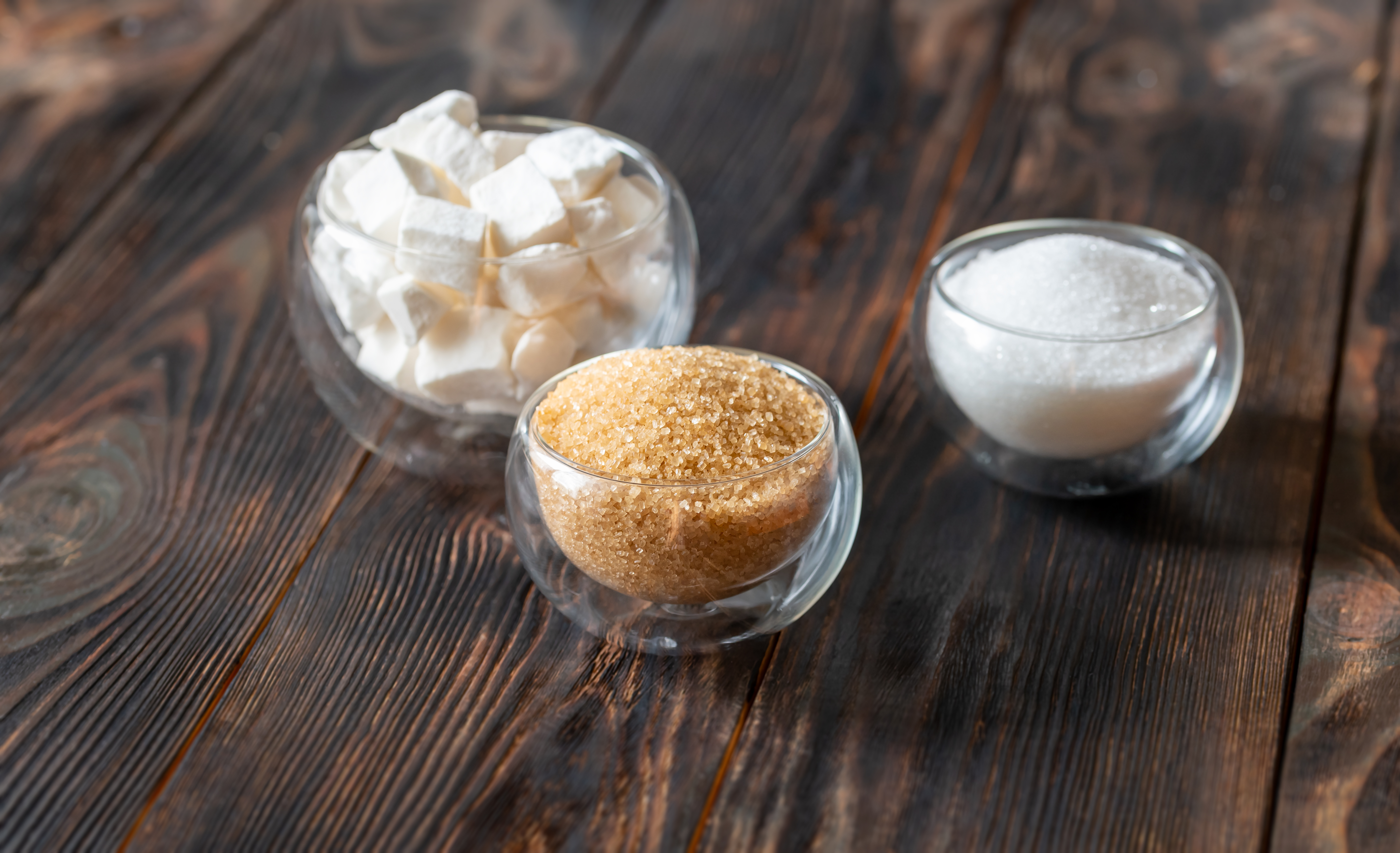
Excessive sugar consumption can have detrimental effects on gut health. High sugar intake promotes the growth of harmful bacteria and yeast, leading to an imbalance in the gut microbiome. This imbalance, known as dysbiosis, can result in digestive issues, weakened immunity, and increased inflammation. Additionally, sugar can contribute to the development of leaky gut syndrome, a condition in which the intestinal barrier becomes permeable, allowing harmful substances to enter the bloodstream. Reducing sugar intake and opting for natural sweeteners like honey or maple syrup can help maintain a healthy gut environment.
8. Artificial Sweeteners – Hidden Dangers

Artificial sweeteners, often used as sugar substitutes, can negatively impact gut health. Common artificial sweeteners include aspartame, sucralose, and saccharin. These sugar substitutes have been shown to alter the composition of the gut microbiome, promoting the growth of harmful bacteria and reducing the diversity of beneficial bacteria. This imbalance can lead to digestive issues, metabolic disorders, and increased inflammation. Additionally, artificial sweeteners have been linked to glucose intolerance and weight gain. Opting for natural sweeteners or reducing overall sweetener consumption can help support a healthy gut microbiome.
9. Antibiotics – Necessary but Disruptive

Antibiotics are powerful medications used to treat bacterial infections, but they can also disrupt the delicate balance of the gut microbiome. While antibiotics effectively kill harmful bacteria, they also eliminate beneficial bacteria, leading to dysbiosis. This imbalance can result in digestive issues, weakened immunity, and increased susceptibility to infections. To minimize the impact of antibiotics on gut health, it is essential to use them only when necessary and to follow a healthcare professional's guidance. Additionally, consuming probiotics during and after antibiotic treatment can help restore the balance of beneficial bacteria in the gut.
10. Stress – The Silent Gut Disruptor

Chronic stress can have a profound impact on gut health. The gut-brain axis, a bidirectional communication pathway between the gut and the brain, plays a crucial role in how stress affects the gut. Stress can alter the composition of the gut microbiome, reduce gut motility, and increase gut permeability, leading to digestive issues and inflammation. Moreover, stress can exacerbate symptoms of irritable bowel syndrome (IBS) and inflammatory bowel diseases (IBD). Incorporating stress-reducing practices such as mindfulness, meditation, and regular exercise can help support a healthy gut and improve overall well-being.
11. Processed Foods – Gut Health Saboteurs

Processed foods, often high in unhealthy fats, sugars, and additives, can negatively impact gut health. These foods can promote the growth of harmful bacteria and reduce the diversity of beneficial bacteria in the gut microbiome. Additionally, processed foods often lack essential nutrients and fiber, which are crucial for maintaining a healthy gut environment. Regular consumption of processed foods can lead to digestive issues, inflammation, and an increased risk of chronic diseases. Opting for whole, unprocessed foods and cooking meals at home can help support a healthy gut microbiome and improve overall health.
12. Alcohol – A Double-Edged Sword

Moderate alcohol consumption has been associated with some health benefits, but excessive alcohol intake can have detrimental effects on gut health. Alcohol can disrupt the balance of the gut microbiome, increase gut permeability, and promote inflammation. This can lead to digestive issues, liver damage, and an increased risk of chronic diseases. To support gut health, it is essential to consume alcohol in moderation and to choose gut-friendly options such as red wine, which contains polyphenols that may have protective effects on the gut. Balancing alcohol consumption with a healthy diet and lifestyle can help maintain gut health.
13. Gluten – A Controversial Component

Gluten, a protein found in wheat, barley, and rye, has become a controversial topic in gut health discussions. For individuals with celiac disease, gluten triggers an immune response that damages the small intestine, leading to digestive issues and nutrient malabsorption. However, some people without celiac disease may also experience gluten sensitivity, resulting in symptoms such as bloating, diarrhea, and fatigue. While gluten is not inherently harmful to everyone, individuals with gluten-related disorders should avoid it to maintain gut health. For others, consuming gluten in moderation as part of a balanced diet may not pose any issues.
14. Dairy – Friend or Foe?

Dairy products can have varying effects on gut health, depending on individual tolerance. For those who are lactose intolerant, consuming dairy can lead to digestive issues such as bloating, gas, and diarrhea. However, fermented dairy products like yogurt and kefir contain beneficial probiotics that can support gut health. Additionally, some individuals with lactose intolerance may tolerate aged cheeses and lactose-free dairy products. It is essential to listen to your body and choose dairy options that work for you. For those who can tolerate dairy, it can be a valuable source of nutrients and probiotics.
Antibiotic-Resistant Bacteria – An Emerging Threat
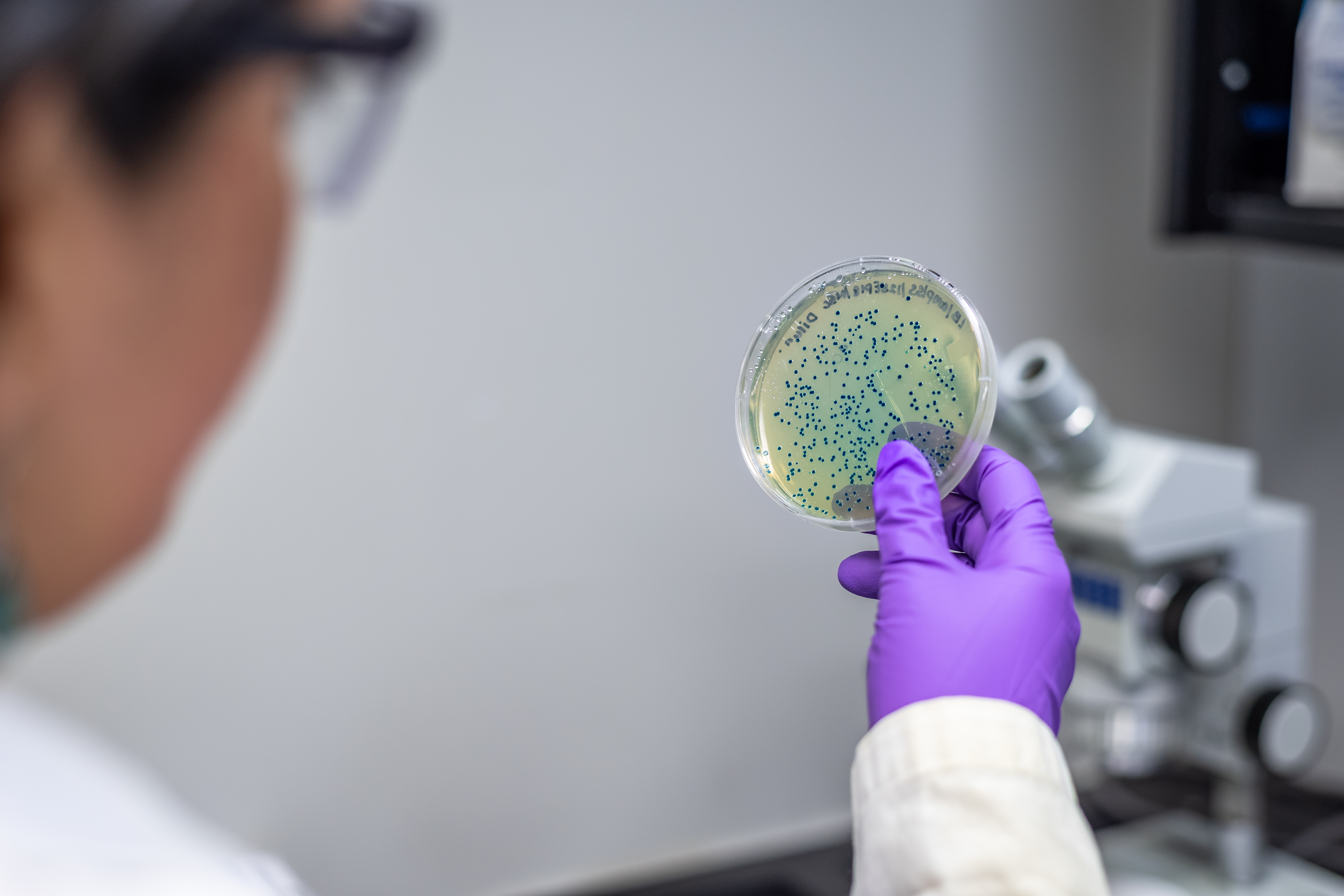
Antibiotic-resistant bacteria pose a significant threat to gut health and overall health. The overuse and misuse of antibiotics have led to the emergence of bacteria that are resistant to commonly used antibiotics. These bacteria can disrupt the gut microbiome and cause severe infections that are difficult to treat. Maintaining a healthy gut microbiome can help protect against antibiotic-resistant infections by supporting the immune system and promoting the growth of beneficial bacteria. It is essential to use antibiotics responsibly and to support gut health through a balanced diet and lifestyle.
Striking a Balance for Optimal Gut Health

Achieving and maintaining optimal gut health requires a balanced approach that includes nourishing the gut with beneficial foods and minimizing exposure to harmful substances. By incorporating gut health heroes such as probiotics, prebiotics, fiber, and omega-3 fatty acids into your diet, you can support a healthy gut microbiome and improve overall health. At the same time, it is crucial to be mindful of gut health villains like excessive sugar, artificial sweeteners, and stress, which can disrupt the balance of the gut microbiome. By making informed dietary and lifestyle choices, you can support a thriving gut and enjoy the many benefits of a healthy gut microbiome.